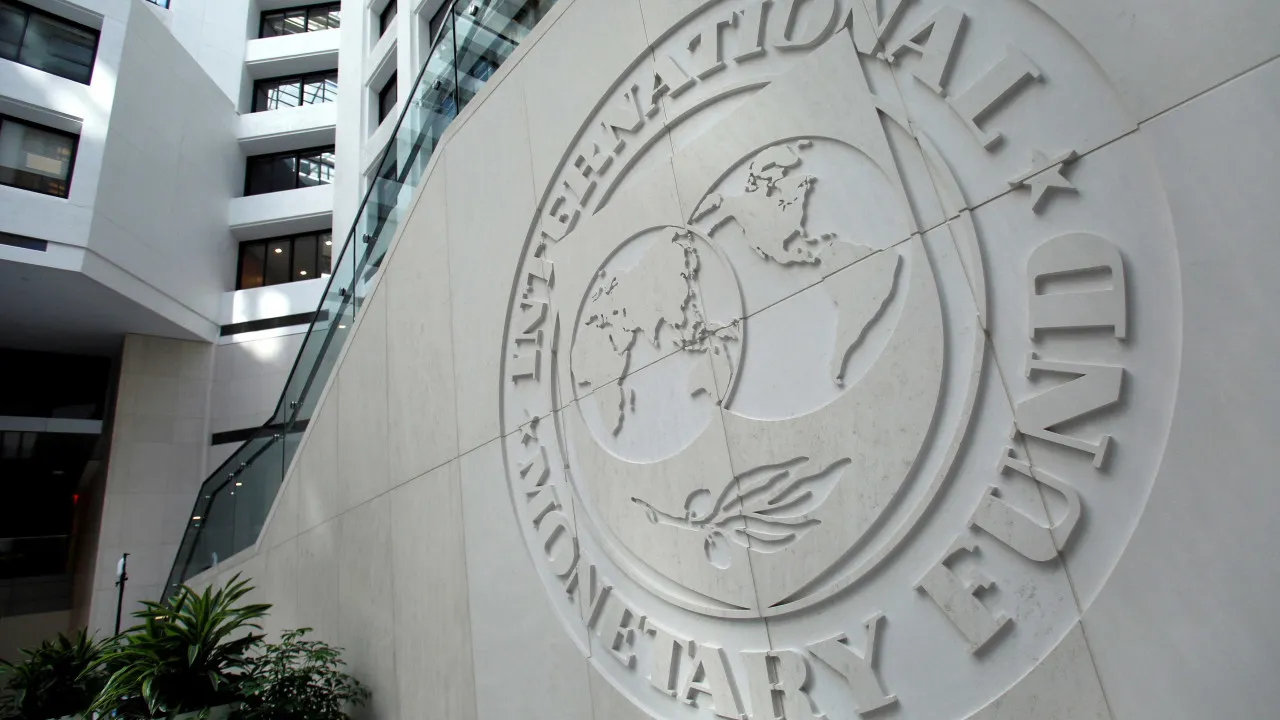
The IMF’s External Sector report, released today, examines the world’s 30 largest economies, revealing that current account deficits increased last year in the US, Australia, and Brazil, while China, the Eurozone, Japan, and South Korea recorded surpluses.
The report estimates that the disparity between economies widened at the end of 2024 by 0.6 percentage points of global GDP, reaching a decade high.
The world’s three largest economies (US, China, and the Eurozone) exhibited the most “excessive” movements, thus significantly contributing to the current trend, reversing the post-pandemic reduction in this gap.
China’s surplus, which had a deficit of 0.02% in 2023, increased by 0.24 percentage points, while the Eurozone’s surplus grew by 0.07 points, and the US saw its deficit rise by 0.2 points.
In addition to trade transactions (trade balance), the current account balance includes income and capital transfers with abroad, illustrating a country’s international transaction status. A surplus indicates profit from trade exchanges, while a deficit suggests a loss.
The IMF report states that tariffs “are not an effective tool” for correcting current account imbalances and emphasizes they have only a “minor and partial impact” on this indicator.
“Further escalation of trade tensions, including [the implementation of] tariffs, would have significant negative macroeconomic effects, with limited effectiveness in correcting global imbalances,” it warns.
This position contradicts the Trump administration’s reasoning for its trade war and the imposition of import tariffs from other countries.
The IMF models suggest tariffs act as negative supply shocks, potentially negating deficit reduction in the trade balance with decreases in investment and savings, due to diminished business and consumer confidence from the trade war.
Conversely, addressing internal imbalances could foster convergence of major current account balances, and the organization recommends specific policies to the three economies largely responsible for increased imbalances.
None of the IMF recommendations are new, suggesting China boost its internal demand, which remains “very weak,” and urging Europe to increase public infrastructure investment.
The report views decisions in both the Asian giant and the Old Continent as positive.
The IMF approves Beijing adopting a higher deficit target or issuing long-term debt, along with increased social subsidies to bolster Chinese household spending and consumption.
In Europe, it favors both the budgetary relaxation for defense investment and the approximately $700 billion the German private sector plans to spend on infrastructure.
For the US, the IMF again advises greater fiscal consolidation, which “could help rebuild fiscal buffers and increase savings.”
However, the report’s authors could not include Trump’s fiscal and budget plan, recently enacted, with tax cuts potentially increasing the world’s largest economy’s deficit by up to $3.3 trillion, according to the Congressional Budget Office.




